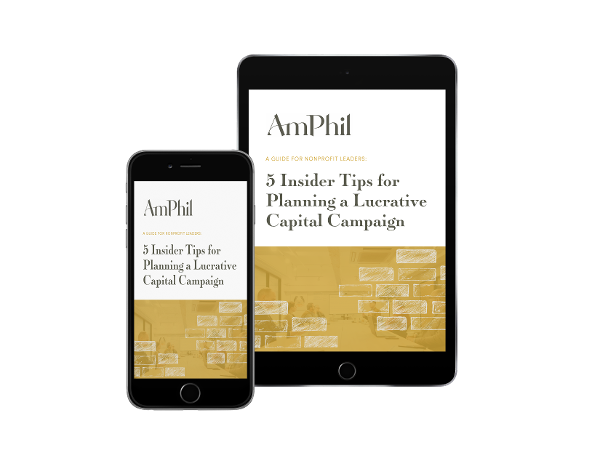
Good research can mean the difference between going into a meeting and feeling at ease or on edge. If you’re in development, you probably recognize the value of good donor research. It can mean the difference between asking a thoughtful question about something you know your donor cares about and sticking your foot in your mouth. In short, good research helps you build strong relationships with your donors and donor prospects. I could talk for days about donor research—why to do it, how to do it, what to look for, and so on. I’m a riot at cocktail parties, let me tell you! But I’ll spare you for now. Let’s start with the basics: you’ve got to get yourself some marble columns research tools.
But Liz, those things are expensive! Are donor research tools worth the money?
If I had a dollar for every time I get asked that question, I would now own at least two more pairs of really cool shoes. If you value your time, the answer is yes. These tools take a lot of information and put it all in one place for easy searching – the efficiency gains with these tools are huge. Most research tools compile publicly available information from various sources (such as business registrations, property holdings, political donations, nonprofit and foundation board memberships, and so on) and put it into an easily searchable format.
Research tool subscriptions generally cost several thousand dollars each year, but save a whole lot of time—which can easily pay for itself if you use the time you’ve saved to do things like donor meetings, thank you calls, and so on!
What kind of tools do you need? Well, it depends on what you’re looking for.
Looking for information on individual donors?
At AmPhil, we use Wealth Engine and iWave pretty regularly around here for this purpose and find them very helpful. Other similar research tools include DonorSearch, and LexisNexis. Each of these tools pulls from different information sets and has different strengths, but all are very helpful as a starting point for individual research. These tools help you find address and contact information, real estate holdings, professions, board affiliations, political donations, charitable donations, and giving potential.
Looking for information on current or lapsed foundation funders?
Check out Guidestar.org. With free registration, you can access the 990s of these foundations, which contain a wealth of information on application guidelines, giving levels, past giving, and so on. Check out here my colleague Kyle’s great tips on key things to look for in a foundation’s 990 Form.
Looking for new foundation donor prospects?
Consider a subscription to Foundation Directory, Foundation Search, or GrantStation. On a budget? You may even be able to access some of these resources for free at a local library or community center.
These donor research tools can help you find basic biographies, contact, and giving information for donor prospects. While not complete (and sometimes frustratingly inaccurate!), the information gleaned from these tools can provide important leads that help direct further web searching.
Did you find out that Bob Smith is on the board of the Bob Smith Foundation? Go look up the foundation’s 990s. Did you find out that he’s the CEO of the Awesome Company? Go look up his company bio on their website. Did you find out his wife’s name is Cindy Lou? Go look her up too.
As hinted above, internet searches are an essential complement to the information provided through research tools—so don’t forget trusty Google! You can often find news articles on your donors, contact information at places like whitepages.com, professional affiliations and backgrounds on LinkedIn, good biographical information from corporate and board member bios on the company and nonprofit websites, useful family information through obituaries, etc. The information gleaned through these means helps round out your understanding of your donor or prospect, giving you a leg up when getting to know them.
About the Author
 Liz Palla is an Executive Partner and Chief Talent Officer at AmPhil. Liz also works with donors and nonprofit organizations around the country on projects, including strategic assessment and planning, philanthropy advising, and planned giving program implementation.
Liz Palla is an Executive Partner and Chief Talent Officer at AmPhil. Liz also works with donors and nonprofit organizations around the country on projects, including strategic assessment and planning, philanthropy advising, and planned giving program implementation.
Before joining AmPhil, Liz served as a senior program officer at the William E. Simon Foundation, where she helped review and make recommendations on funding proposals, evaluate organizational effectiveness, and maintain foundation operations. Previously, she worked at a nonprofit dedicated to supporting independent college newspapers on campuses around the country. She graduated from Gonzaga University, where she studied foreign languages, literature, and philosophy. She and her husband live in California’s Bay Area and have five children.
Connect with Liz on LinkedIn here or contact her anytime at lpalla@amphil.com.


